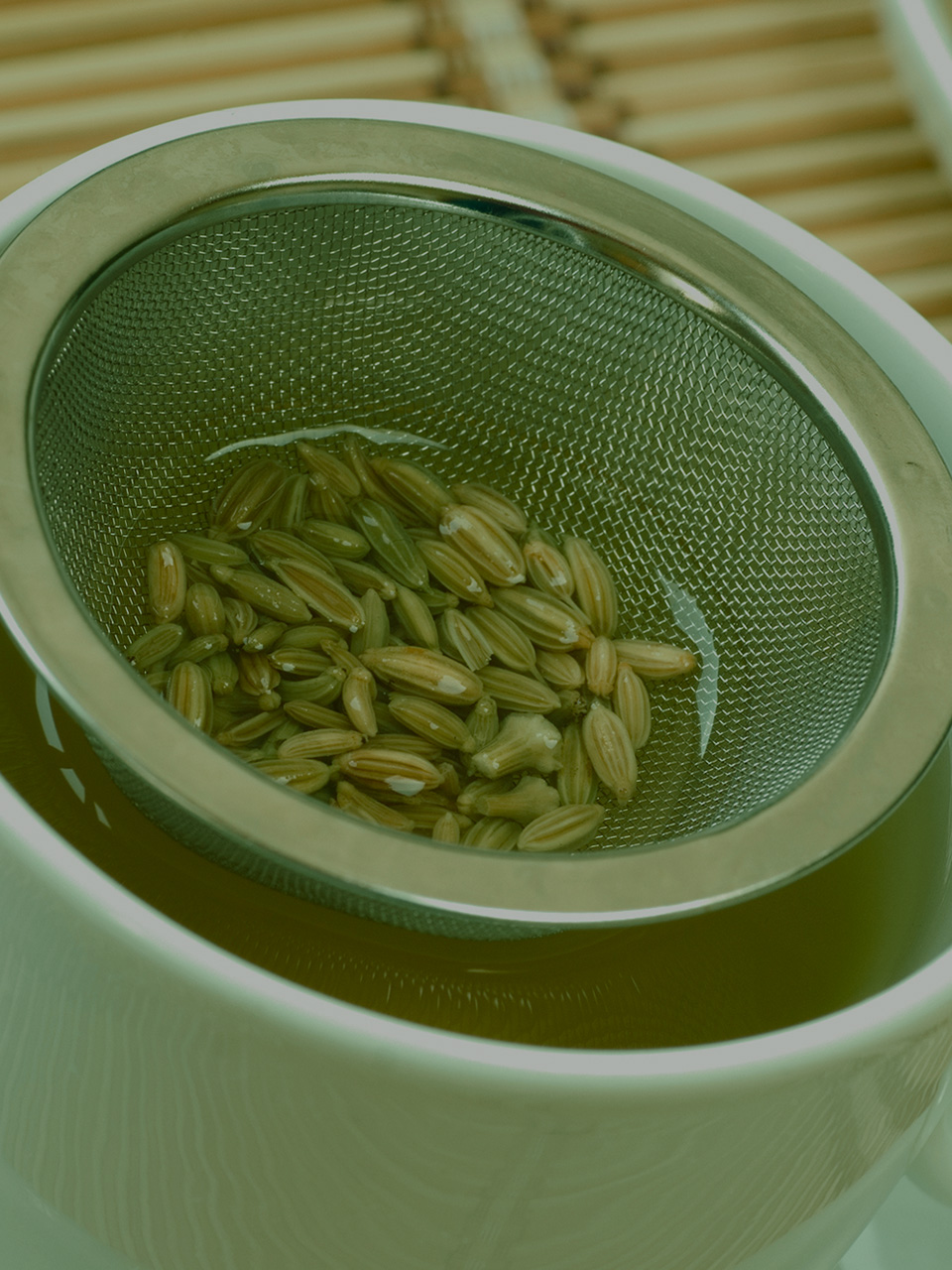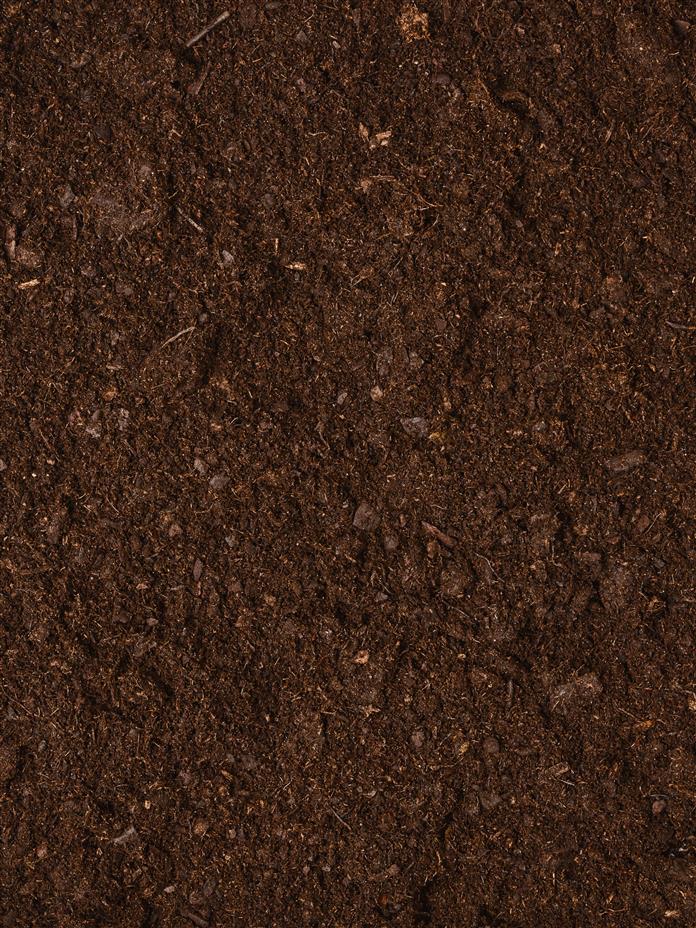
Tap to Read ➤
Fennel Tea Benefits
Ankana Dey Choudhury


Fennel tea benefits are truly multifarious. Like the seed itself, fennel tea is exceptionally refreshing. Find out all you need to know about the benefits of fennel tea.

The fennel is beyond every other vegetable, delicious. It greatly resembles in appearance the largest size celery, perfectly white, and there is no vegetable that equals it in flavor. It is eaten at dessert, crude, and with, or without dry salt, indeed I preferred it to every other vegetable, or to any fruit. ~ Thomas Jefferson in Consuming Passions.

Referred to as 'marathon' meaning 'to grow thin', by the ancient Greeks, owing to the quality of the herb fennel to facilitate weight loss, fennel has been known and hailed for its medicinal properties by ancient civilizations, since times immemorial.

Be it in Indian ayurveda or the traditional Egyptian and Chinese medical treatises, fennel has been mentioned widely as an effective ingredient of herbal remedies. In fact the Chinese used fennel to cure the adverse effects of snakebites.

English author Geoffrey Chaucer initiated the idea that other than wild chamomile, greater plantain, watercress, stinging nettle, crab apple, mugwort, chervil and viper's bugloss, fennel was the ninth herb considered to be holy by the Anglo-Saxons.

Brought into America not before the 19th century, the usefulness and potency of fennel was greatly publicized by Charlemagne, the Holy Roman Emperor and the vanquisher of the Saxons as early as 812, and fennel became a must-have in every imperial garden.

Gaius Plinius Secundus or Pliny, the Elder recommended the inclusion of fennel in about 22 of his natural remedies and the Roman gladiators regularly ingested this herb to not only keep their weight in check but also to sharpen their eyesight.

It is, therefore, that Henry Wadsworth Longfellow has said that, So Gladiators fierce and rude; mingled it with their daily food. And he who battled and subdued; a wreath of fennel wore.

The Greeks used the fennel profusely given that it is a native of the Mediterranean region. In fact the famous battle between the Greeks and the Persian armada in 490 BC took place in a region 26 miles to the south of Athens where fennel growth flourished and, therefore, was the battle christened "The Battle of Marathon."

Grecian practitioner Hippocrates and Dioscorides recommended fennel to lactating mothers to boost milk production due to fennel's high estrogen stimulating effect. So, now that you know the importance of fennel as a herb, fennel tea benefits must also intrigue you.

Fennel tea is just ground fennel simmered in water. Let's see how this herbal tea, derived from a historically significant herb, works to aid the human body.

Benefits of Fennel Tea
- Fennel tea is a natural soother of painful, infected eyes. It is also effective for the treatment of pink eye (conjunctivitis). Just placing cotton pads dipped in fennel tea on your puffy peepers for 15 minutes relieves and rejuvenates the eyes.

- Pliny, the Elder attributed eyesight strengthening properties to fennel as he felt that it was the consumption of this seed that gave snakes a keen eyesight. Fennel tea has similar vision enhancing effects.

- Chewed extensively in India after meals to avoid gas and bad breath, fennel seeds give the same property to fennel tea. Fennel tea benefits include relief from dyspepsia and heartburn, flatulency and bloating. Fennel tea also alleviates toothache to a great extent.

- Fennel tea can speed up treatment of irritable bowel syndrome other than curing diarrhea and constipation.
- It is potent enough to combat inflammation with the production of mucus in the upper respiratory tract region, a condition medically known as catarrh. This tea facilitates the ejection of the mucus through the bronchial outlet by inducing expectoration.

- Fennel tea can stall continuous hiccuping immediately.
- Fennel tea is a natural aid for people suffering from a flagging libido and reduced sexual desires.

- Being a uterine stimulant, fennel tea is a natural medication to initiate labor or contractions in mothers who are about to deliver. A word of caution here - women who have some time before the actual delivery, should not be consuming any fennel tea due to this very reason.

- Not only does drinking fennel tea boost milk production in lactating mothers, it also can be used as a wash to alleviate the nipple pain and soreness experienced during the period of nursing. All that needs to be done is the application of the tea on the areola thrice a day, with the help of a soft cotton cloth.

- Fennel tea benefits include tackling multiple menstruation related issues. It loosens taut uterine muscles during periods and acts efficiently as an antispasmodic by relieving pain, as it is caffeine-free. It prevents and harnesses the unruly hormones which wreak havoc in the body to give rise to either premenstrual syndrome (PMS) or menopausal depressions.

- Fennel tea facilitates weight loss in two major ways - by detoxifying the body of harmful toxins and preventing water retention in the body (it's a diuretic that increases the frequency of urination) as well as by enhancing the metabolic processes and harnessing the appetite enough to reduce gluttony.

- Drinking this tea regularly can actually boost the process of dissolving renal stones.
- Fennel tea limits and reduces the growth of harmful disease-causing microorganisms in the body and relieves fever.

- This tea with a mild aroma of licorice is helpful in alleviating the problems induced by inflammation of the diverticulum in the digestive tract, colitis, nausea and Crohn's disease.
- Fennel tea is effective for deworming purposes of children.
- It soothes colic spasms in babies and is as effective but tastier than gripe water.

- Fennel tea disengages possible blockades in the liver, biliary bladder and spleen.
- It is actually very good for the liver because not only is it known for dissolving renal stones but it also aids the treatment of jaundice. It's also said to have capacity to reverse the ravages of alcohol consumption on the liver, when tea is drunk regularly for some time.

How to make fennel tea, you ask? Simply, boil some ground fennel seeds in a non-metallic vessel, allow it to cool down a tad for about 10 - 12 minutes and gorge it down! Story has it that in the medieval age, fennel was stuffed into keyholes as a means to keep black wizardry at bay on St. John's Eve, along with St. John's wort.

Experts say that the practice could have stemmed from the fact that flies and insects are driven away by it. Branchlets were attached into the reins of horses for the same purpose. So, drink up two cupfuls of fennel tea everyday to keep diseases like gout at bay in the same manner.

Go on and make the most of these benefits. If nothing else, then fennel tea does have some amphetamine effects that refreshes the body for a speedy and active day ahead.